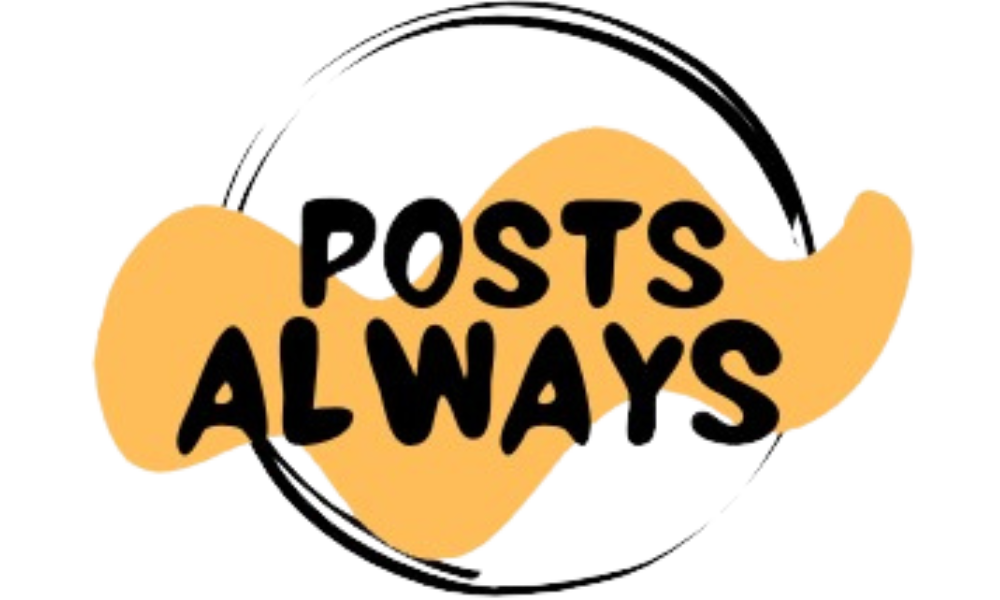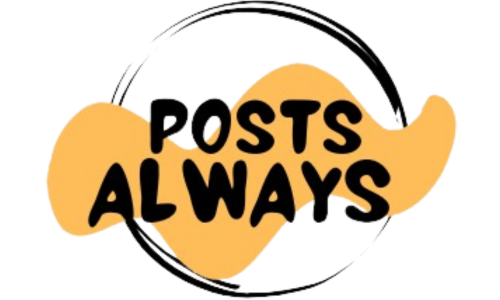Legislation enforcement exhibits have lengthy been a staple of tv, capturing our fascination with crime, justice, and the human tales behind the badge.
They’ve come a good distance from the times when cops had been at all times the great guys and the unhealthy guys at all times paid the worth.
Over the a long time, these exhibits have mirrored our personal shifting views about justice, morality, and what it means to guard and serve — for higher or worse.
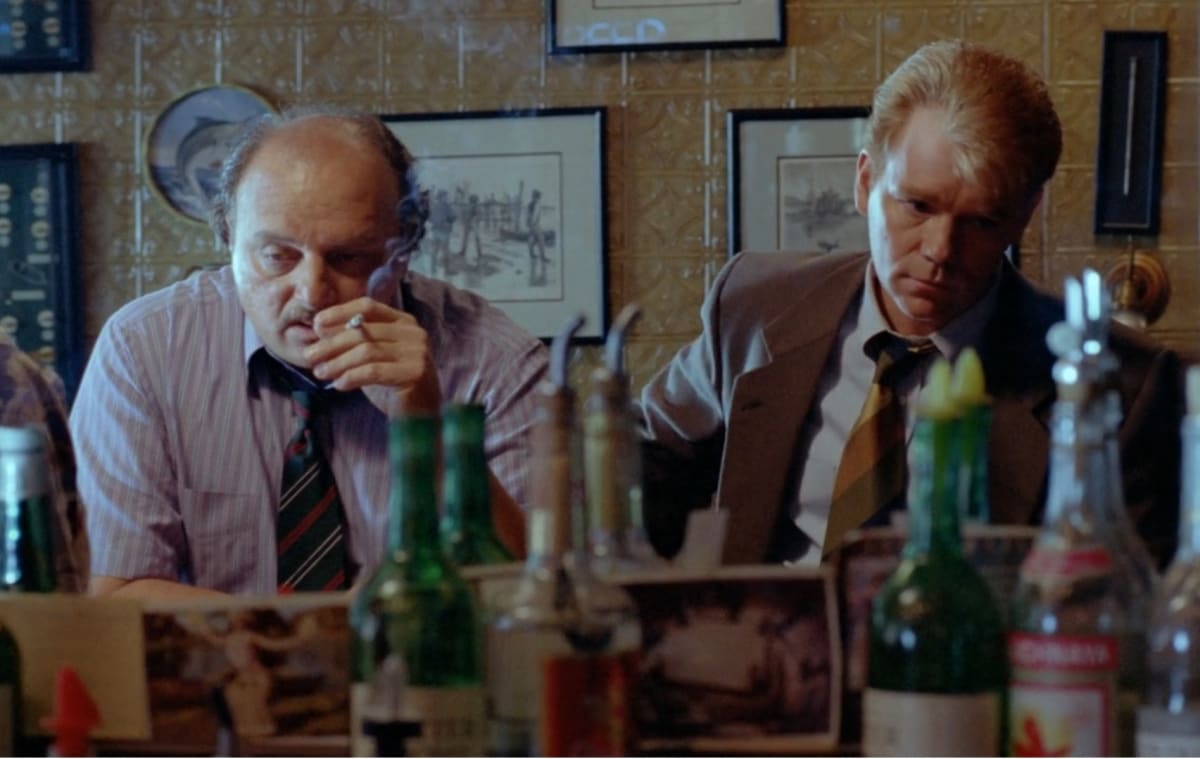
So let’s take a stroll down this gritty, typically glamorous reminiscence lane collectively and see how these exhibits have developed into the highly effective tales we love (and like to argue about) in the present day.
The Early Days of Idealism
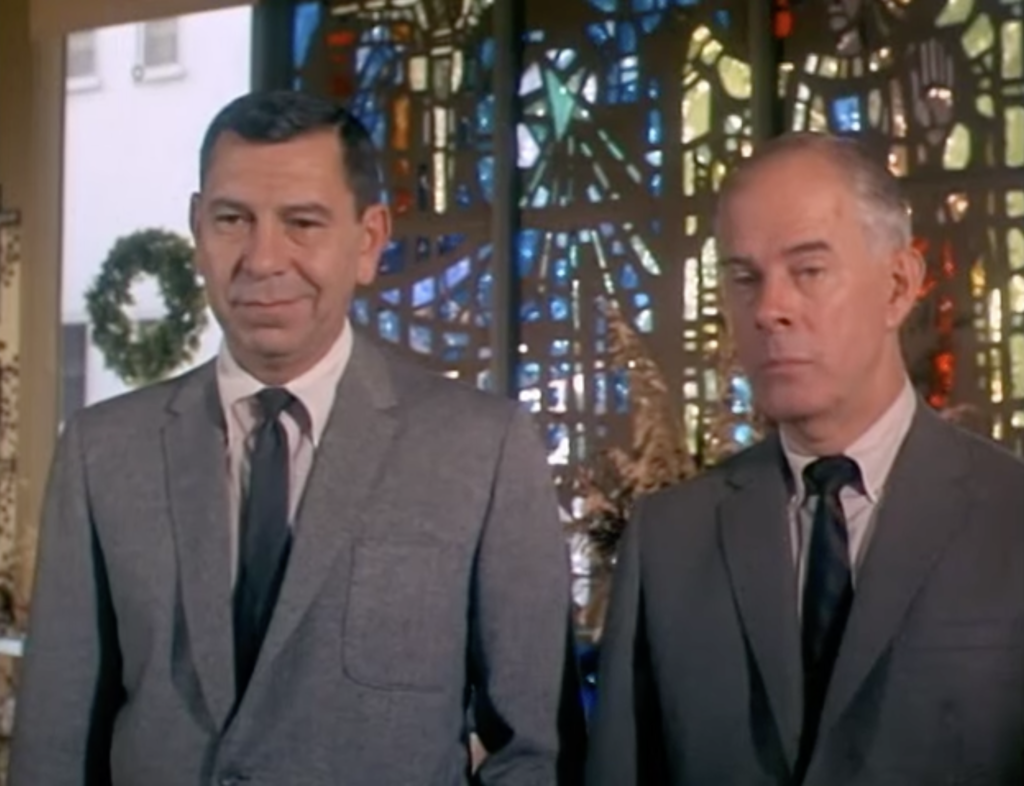
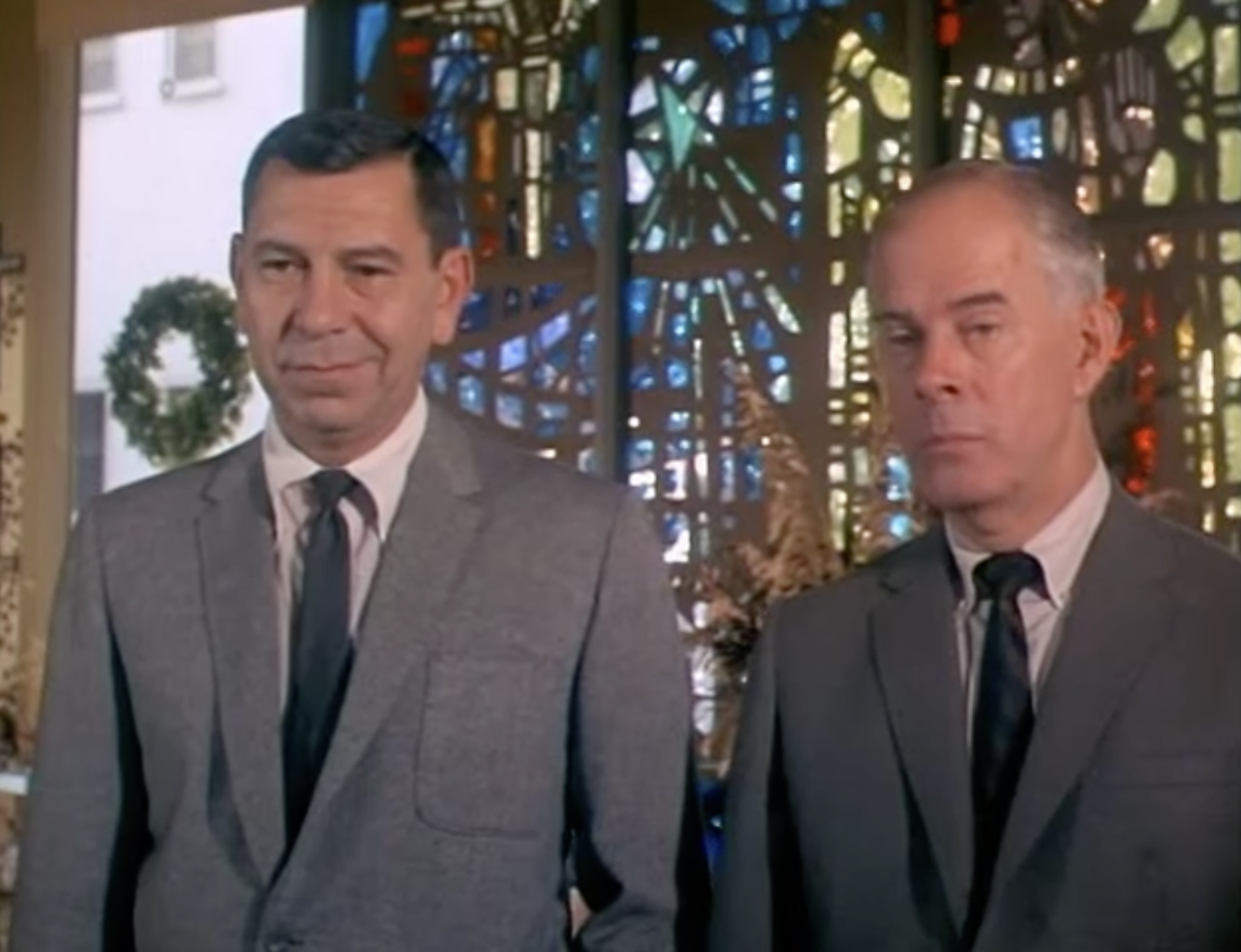
Again within the day, exhibits like Dragnet and Adam-12 gave us a world the place every thing was black and white — actually and figuratively.
With procedural storytelling and a laser concentrate on “simply the details,” these dramas painted officers because the unflinching heroes of their communities. They had been stoic, upright, and at all times on the facet of proper.
However let’s be sincere: these exhibits had been a product of their time. They mirrored the post-war period’s societal belief in authority figures and sidestepped any actual societal critiques.
Positive, they laid the groundwork for the style, however in addition they disregarded the messier, extra human features of policing. Nobody was having an existential disaster over their badge in Dragnet.
That might come later.
Increasing the Narrative within the ’70s and ’80s
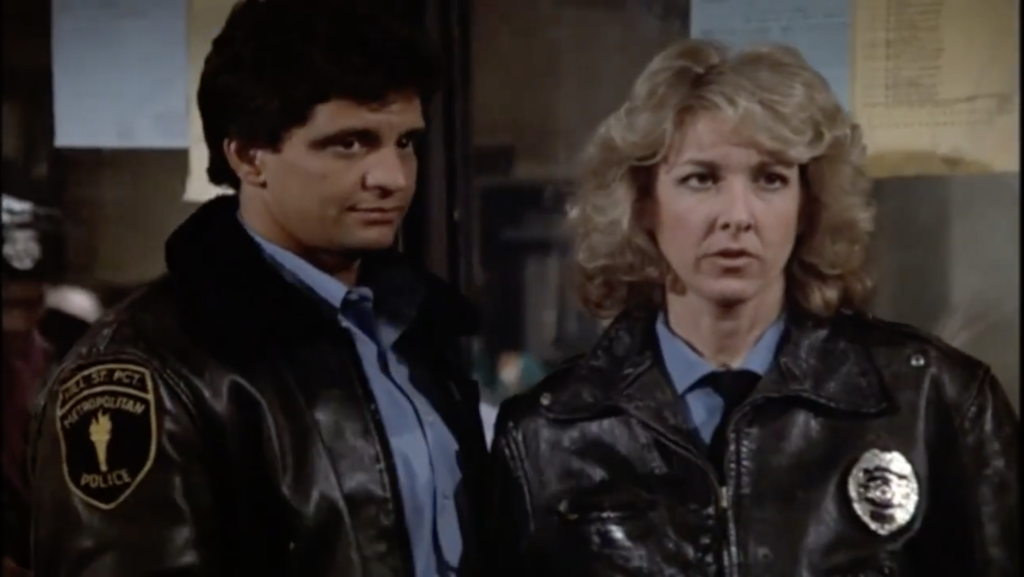
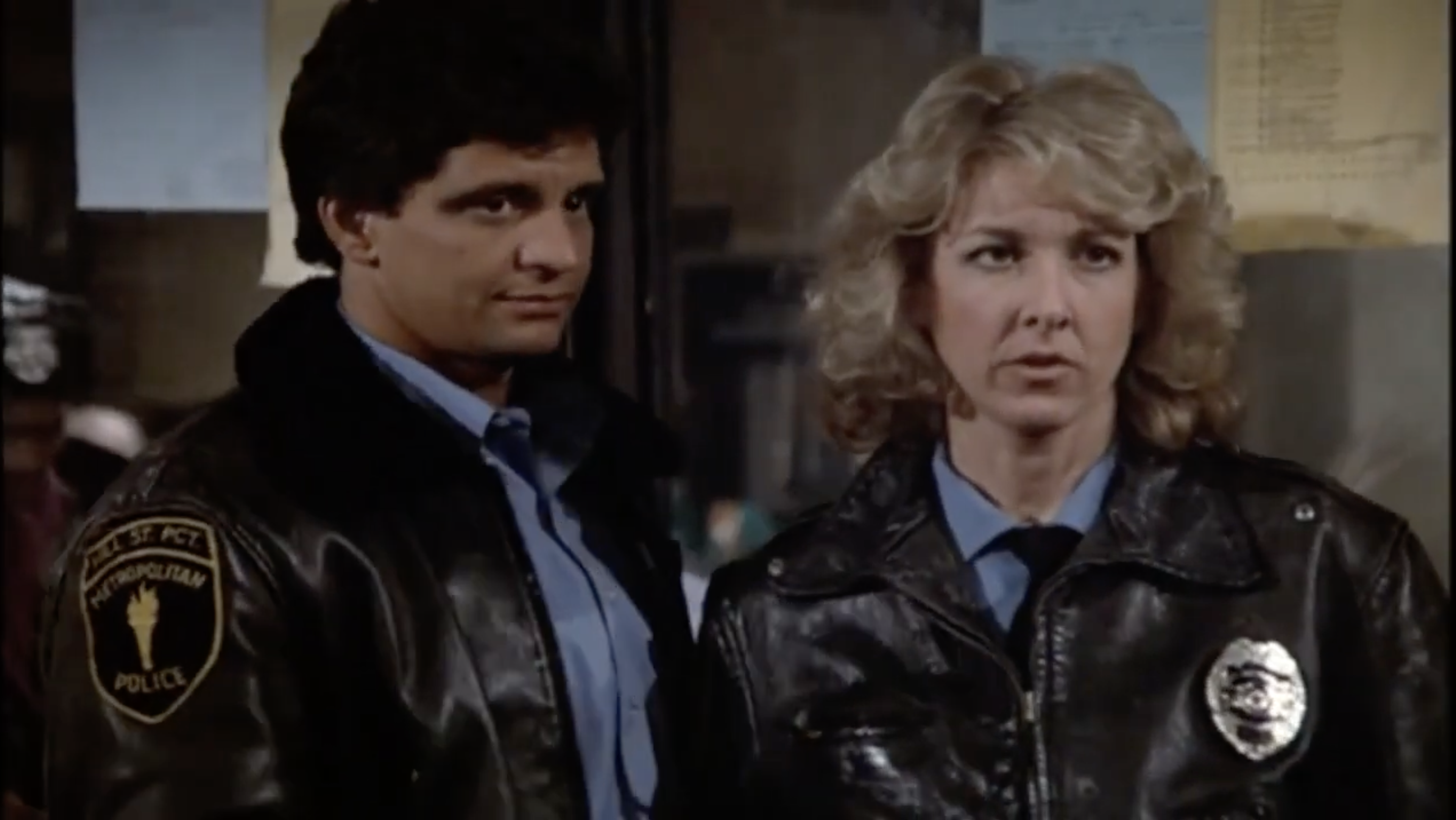
Then got here the ’70s and ’80s, and boy, did issues get fascinating.
Hill Road Blues wasn’t only a game-changer; it was a revelation. For the primary time, we noticed a precinct as a residing, respiratory ecosystem filled with flawed, difficult folks.
These weren’t heroes on pedestals. They had been struggling, making errors, and making an attempt to navigate a system that wasn’t precisely constructed to assist them succeed.
Let’s face it, a few of these storylines are exhausting to look at now due to the informal bigotry that was baked into the period, nevertheless it’s nonetheless a masterclass in ensemble storytelling.
On the lighter facet, exhibits like CHiPs and Starsky & Hutch reminded us that policing might be enjoyable (and filled with fabulous ’70s style).
These exhibits gave us action-packed automotive chases and buddy-cop banter, balancing escapism with simply sufficient grit to maintain us hooked. When you needed your cops with a facet of appeal, these had been your go-to.
The Rise of the Anti-Hero within the ’90
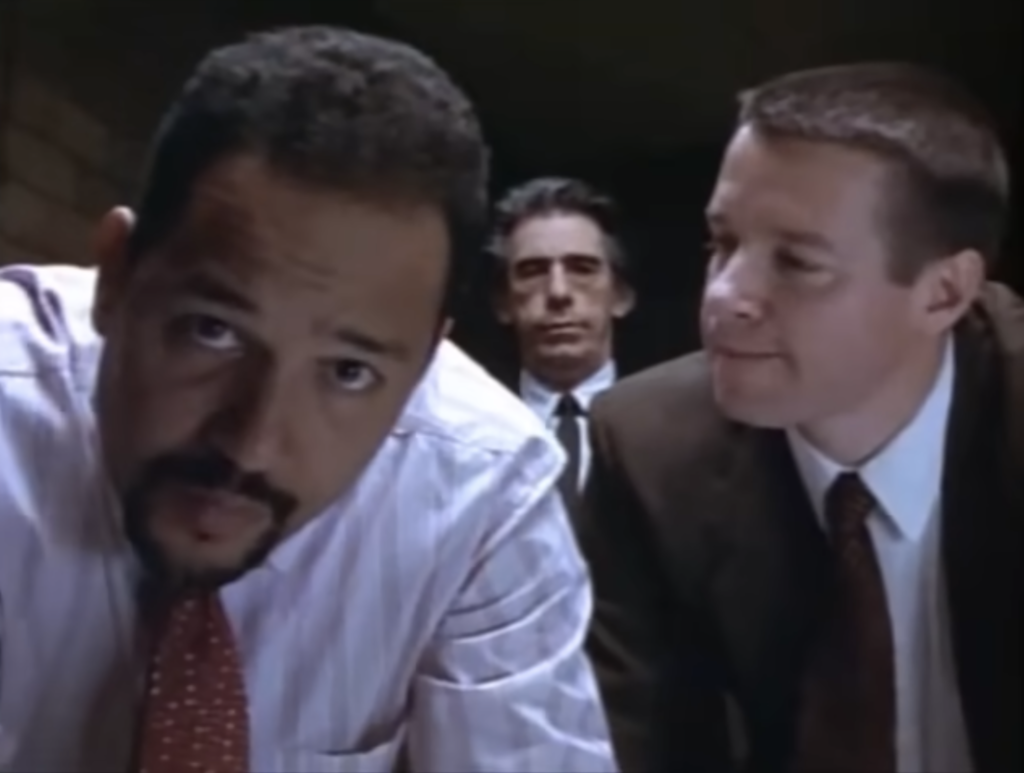
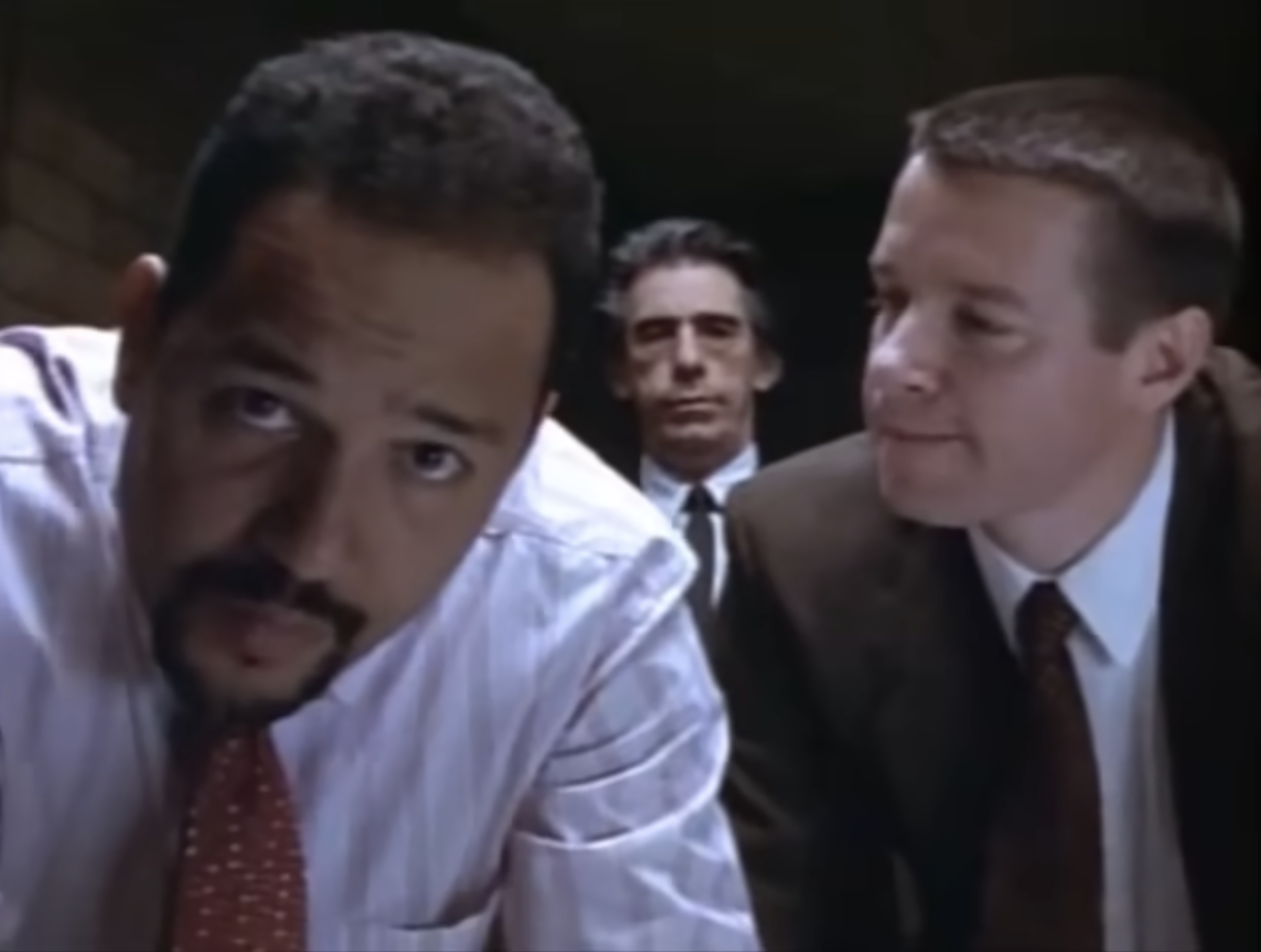
The ’90s introduced us a brand new breed of legislation enforcement drama — one which wasn’t afraid to get its palms soiled.
Reveals like NYPD Blue made waves for his or her unflinching portrayal of the private {and professional} struggles of their officers.
These weren’t simply cops; they had been deeply flawed people coping with habit, trauma, and corruption. Who might neglect Detective Sipowicz, probably the most complicated (and controversial)
characters to ever put on the badge?
In the meantime, Murder: Life on the Road gave us a gritty, deeply psychological tackle police work, specializing in the toll it took on those that lived it day by day.
After which there’s Legislation & Order, the procedural powerhouse that redefined the style with its “ripped from the headlines” format. It gave us a front-row seat to the prison justice system, balancing police investigations with courtroom drama and making us all armchair detectives within the course of.
Publish-9/11 and the Battle on Terror
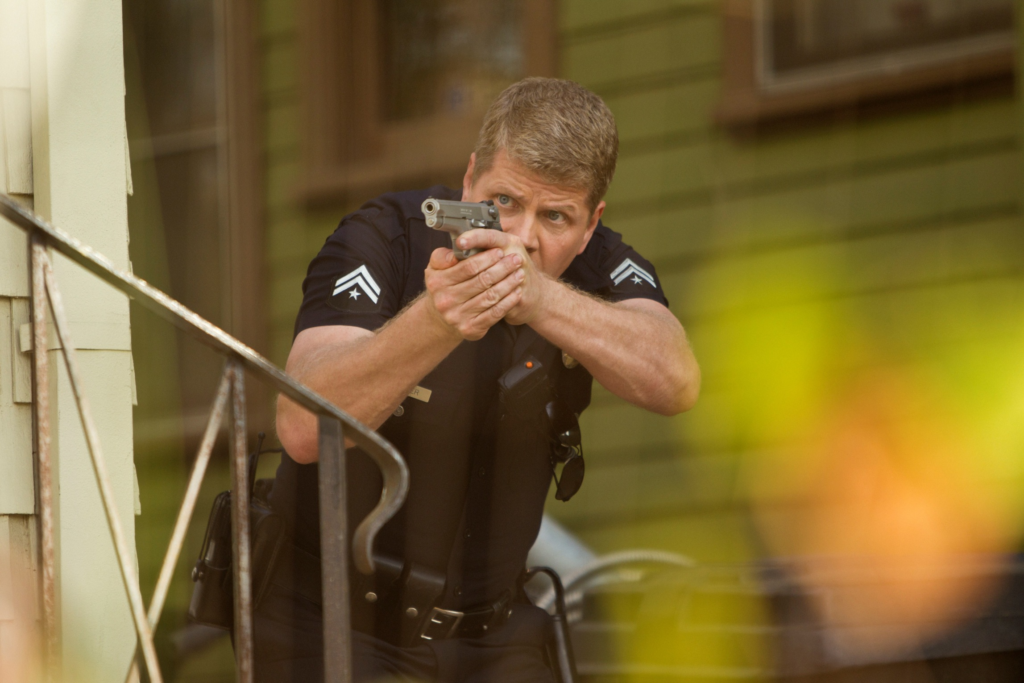
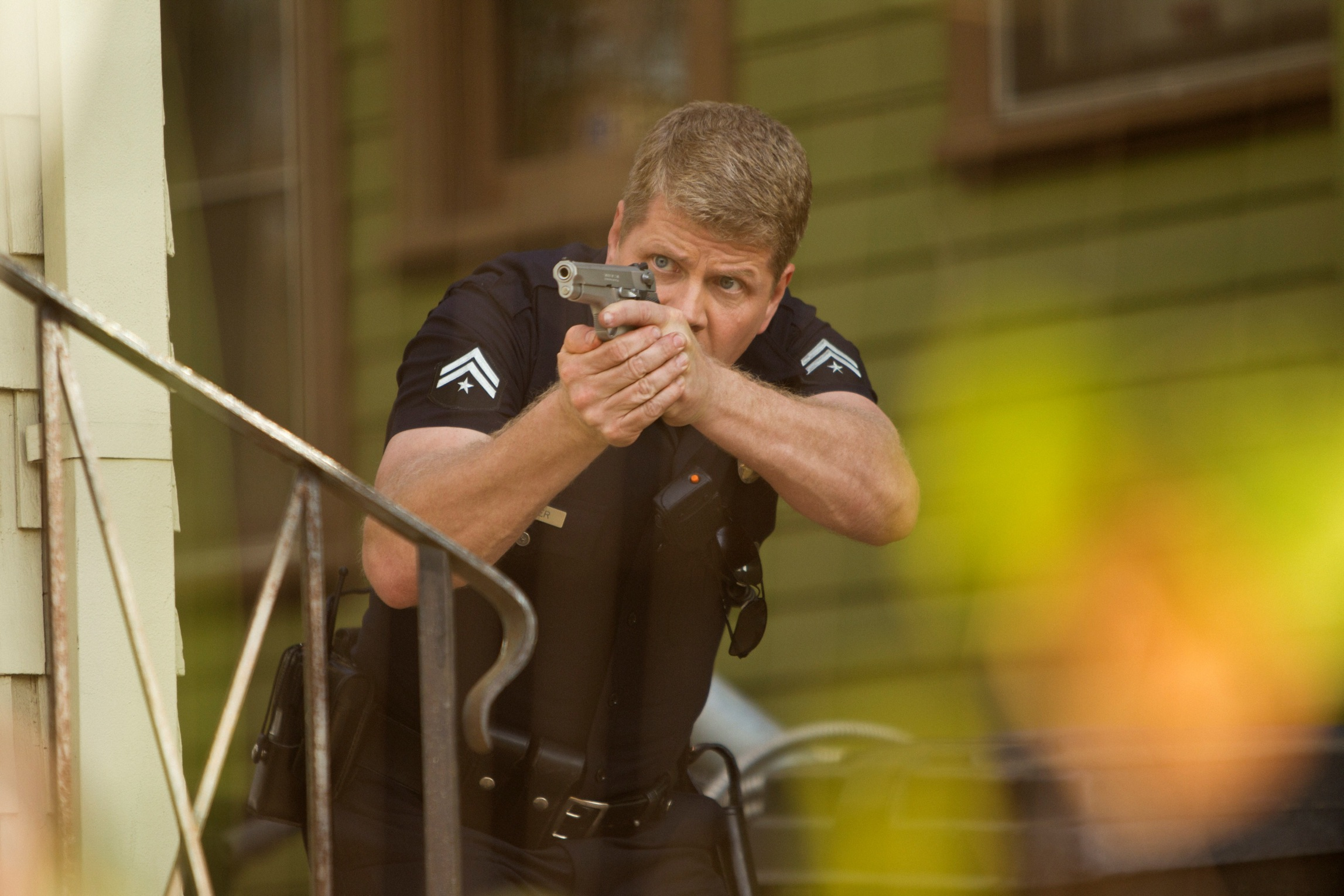
The world modified after 9/11, and so did our legislation enforcement dramas.
Enter The Protect, a present that shattered the mould with its portrayal of rogue officers who bent (or outright broke) the principles in pursuit of justice. Vic Mackey wasn’t simply an anti-hero; he was a strolling ethical dilemma. Love him or hate him, you couldn’t look away.
Southland took a special method, bringing hyper-realism to the style. Its uncooked, unfiltered take a look at street-level policing was each heartbreaking and eye-opening.
The emotional and moral complexities confronted by its characters felt deeply actual, forcing us to confront the human price of holding the peace.
These exhibits didn’t simply entertain us; they challenged us to consider what we count on from those that put on the badge.
Girls in Legislation Enforcement
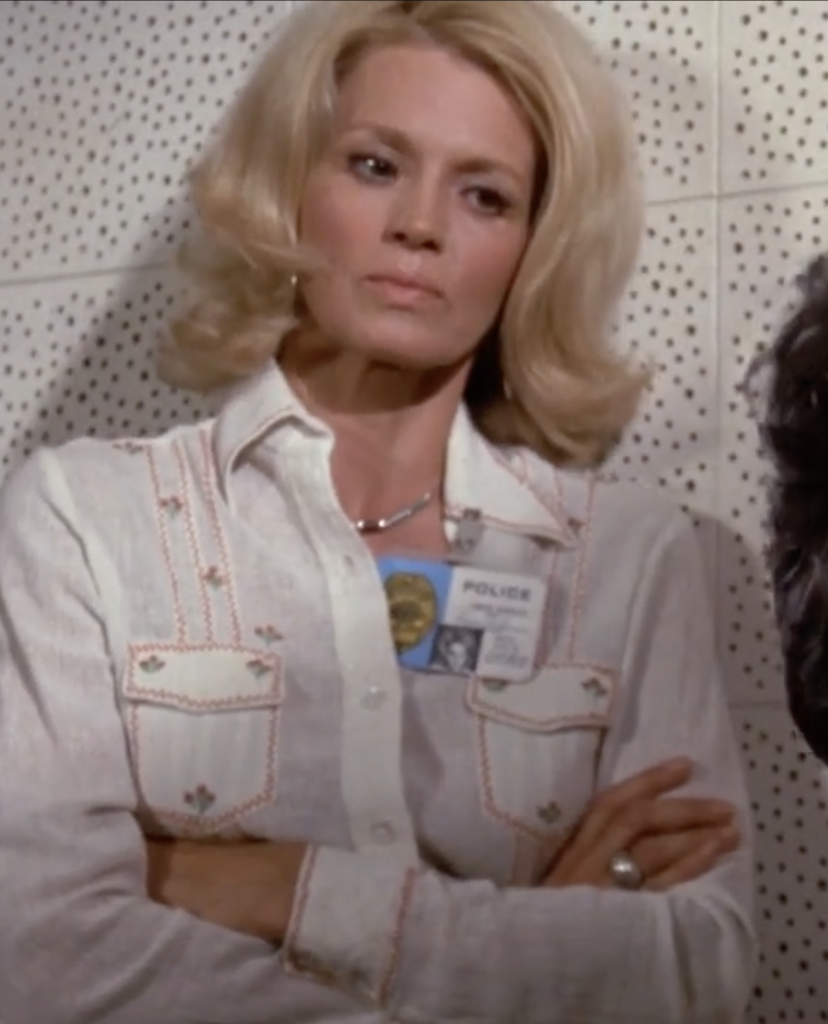
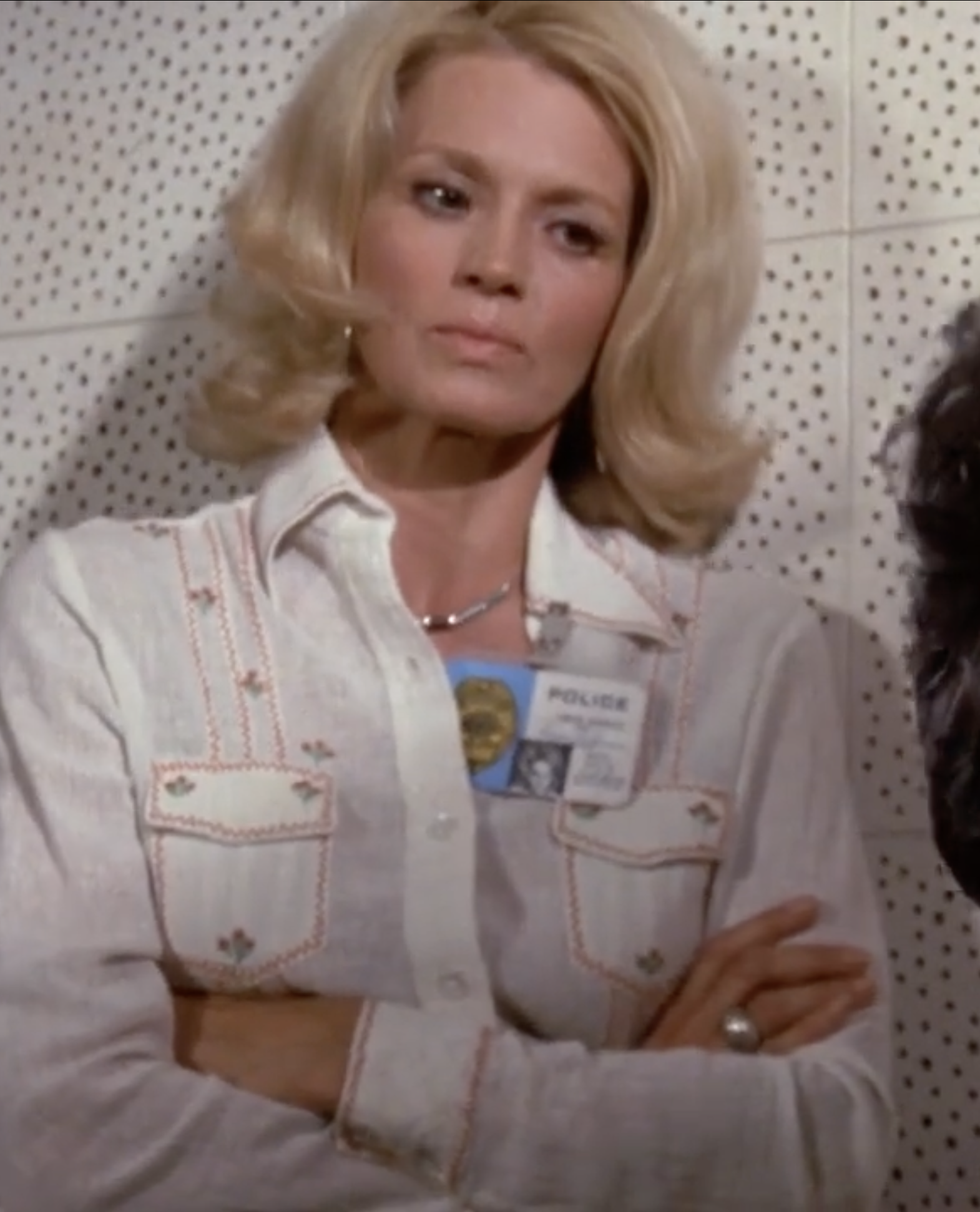
For many years, girls in legislation enforcement dramas have introduced a singular perspective to the style, usually highlighting the challenges of breaking limitations and balancing private lives with demanding careers.
Police Girl, starring Angie Dickinson, broke floor within the Seventies as one of many first sequence to concentrate on a feminine officer.
Dickinson’s Sgt. Suzanne “Pepper” Anderson was powerful, succesful, and unafraid to problem stereotypes, paving the way in which for extra nuanced portrayals.
Within the Nineteen Eighties, Cagney & Lacey took it additional, diving into the private {and professional} lives of two feminine detectives.
Mary Beth Lacey and Christine Cagney weren’t simply companions; they had been trailblazers, confronting sexism on the job whereas grappling with their very own struggles.
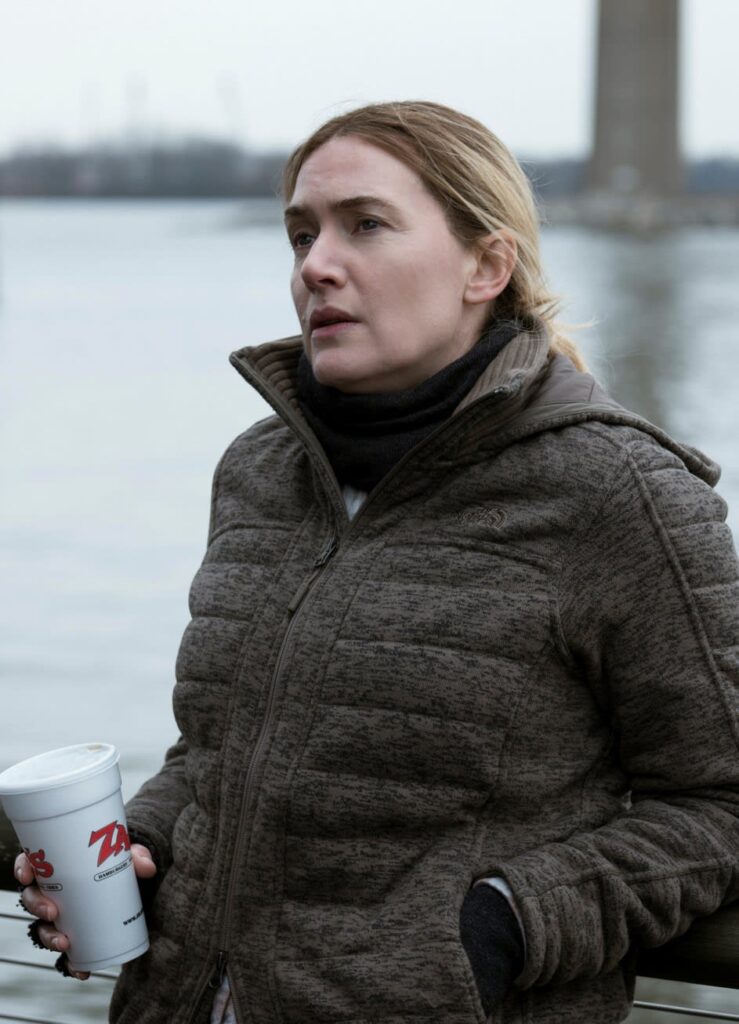
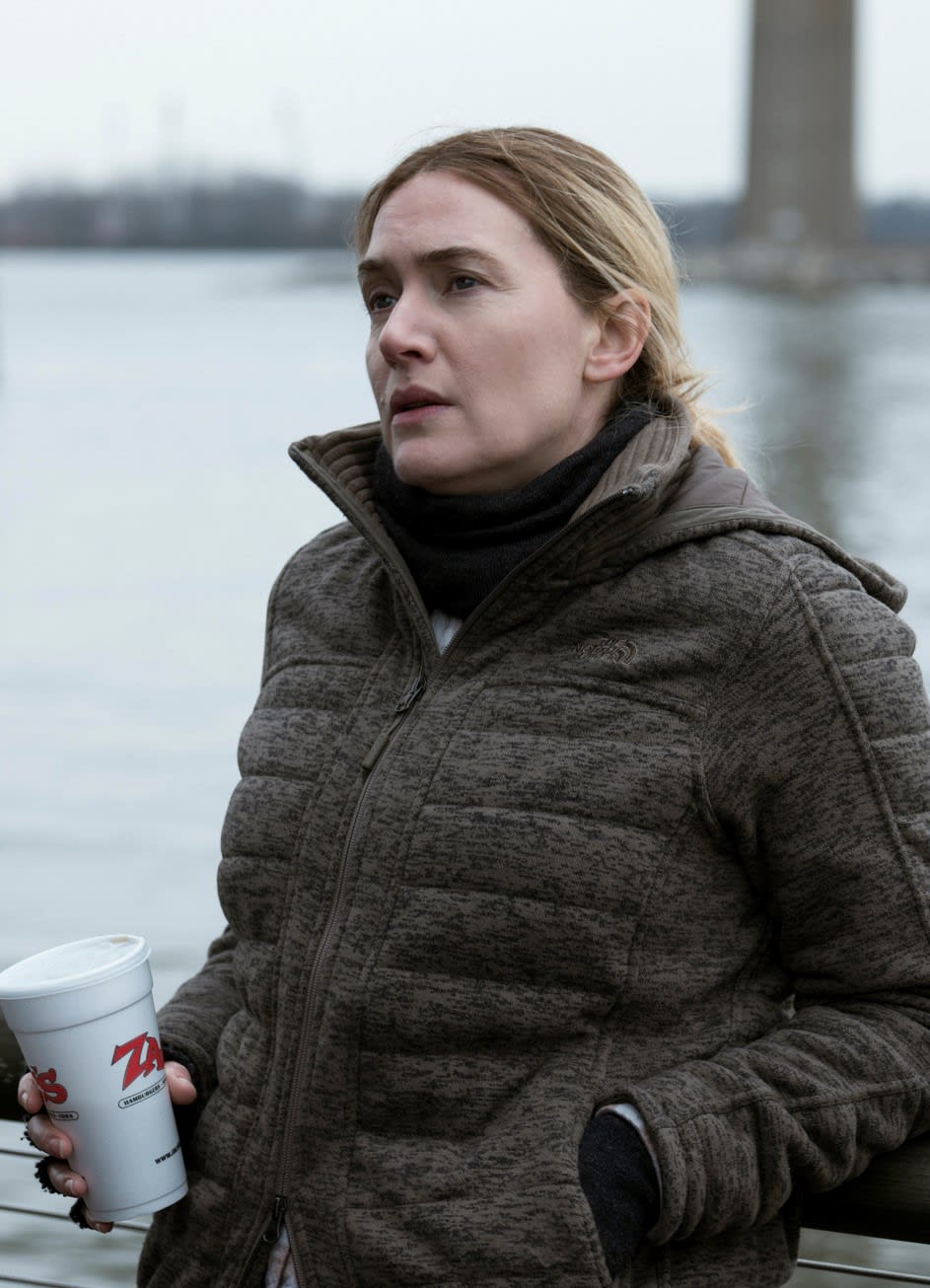
The present wasn’t simply leisure — it was a cultural second that resonated with girls in all places.
Quick ahead to Mare of Easttown, and we see how far the style has come. Mare Sheehan, performed masterfully by Kate Winslet, is a deeply flawed, deeply human detective navigating small-town secrets and techniques and private grief.
Her story captures the grit and vulnerability that ladies carry to legislation enforcement dramas, reminding us that power is available in many kinds.
The Trendy Period of Complexities
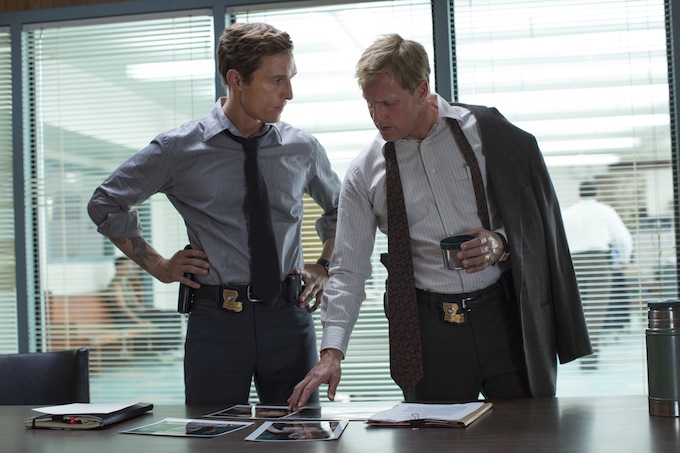

And now, we arrive on the fashionable period, the place legislation enforcement dramas are pushing the boundaries like by no means earlier than.
The Wire isn’t only a present; it’s a masterwork of storytelling that examines how techniques — not simply people — form the outcomes of justice.
When you’ve watched it (and when you haven’t, what are you ready for?), you understand it’s much less about cops and robbers and extra concerning the deeply interconnected forces that govern our lives.
On the flip facet, True Detective dives into the philosophical and psychological, exploring trauma, morality, and the burden of unsolved circumstances.
After which there’s Brooklyn 9-9, which flips the script by mixing humor, inclusivity, and social consciousness. Who says a cop present can’t make you snort whereas additionally making you suppose?
Conclusion: A Mirror to Society
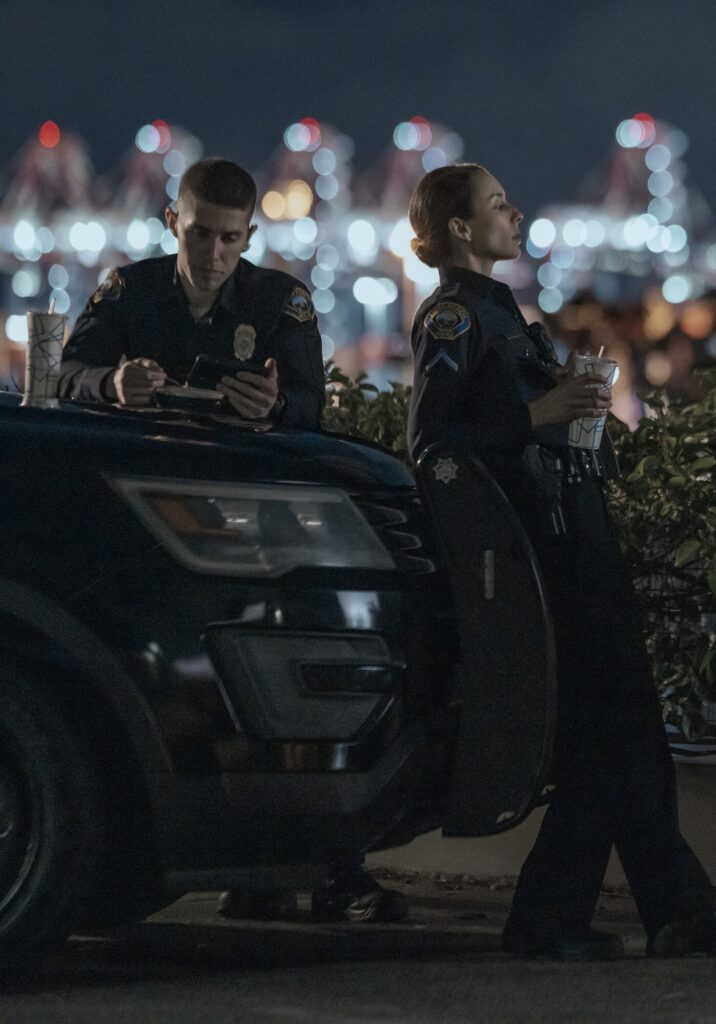
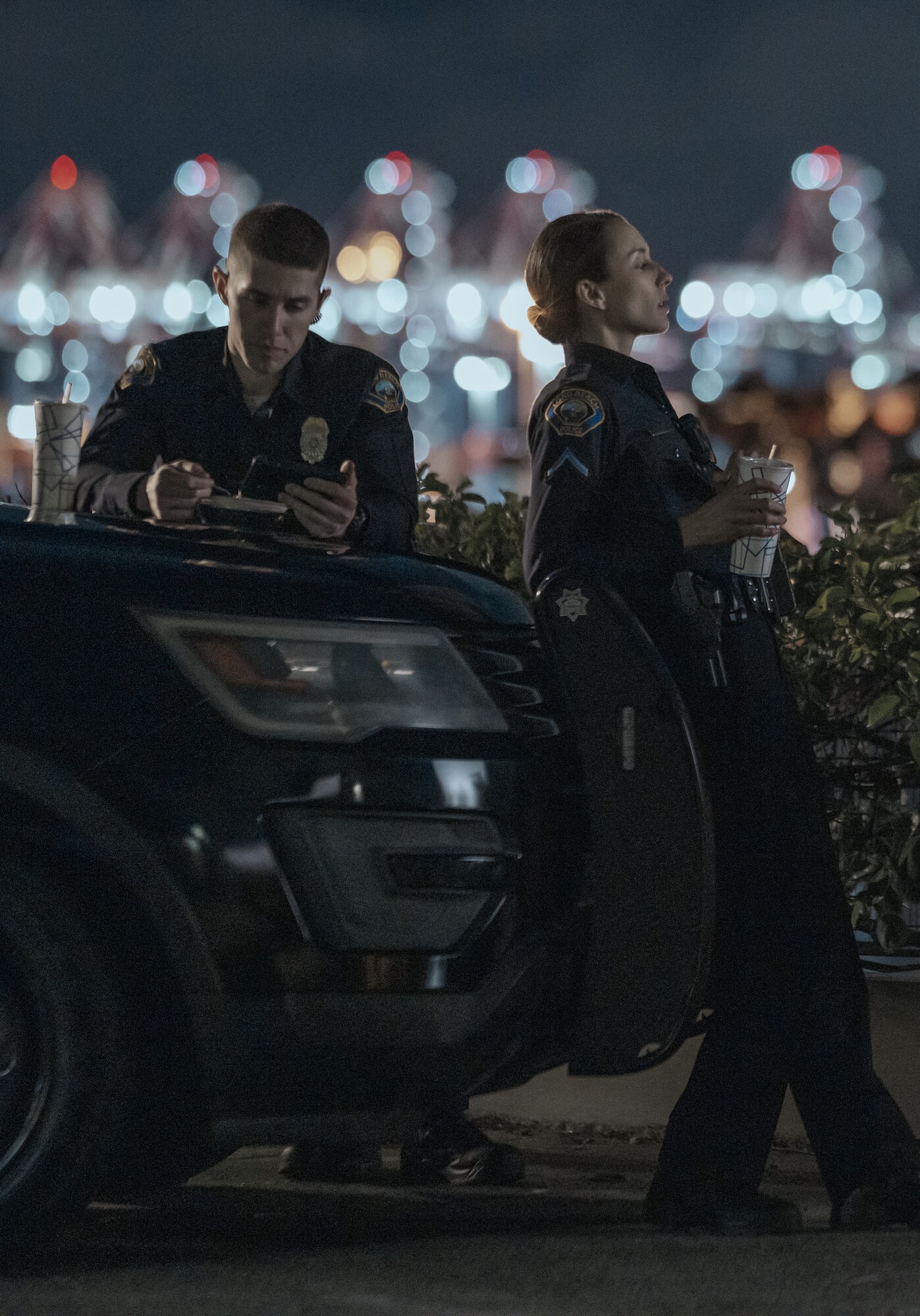
So the place does that depart us?
Trendy sequence, from The Rookie to Prime Video’s new sequence On Name, function characters who proceed blazing the path because the exhibits pave the way in which for a way we view legislation enforcement on tv in the present day.
Legislation enforcement exhibits have come a good distance, evolving from idealized heroes to deeply complicated figures who mirror the most effective and worst of humanity. These exhibits problem us, provoke us, and, sure, typically even make us uncomfortable. However isn’t that the purpose?
What do you suppose? Did we miss your favourite present? Do you see your self in any of those tales, or do they spark one thing completely completely different for you?
Tell us within the feedback as a result of if there’s one factor these exhibits educate us, it’s that each perspective issues.

